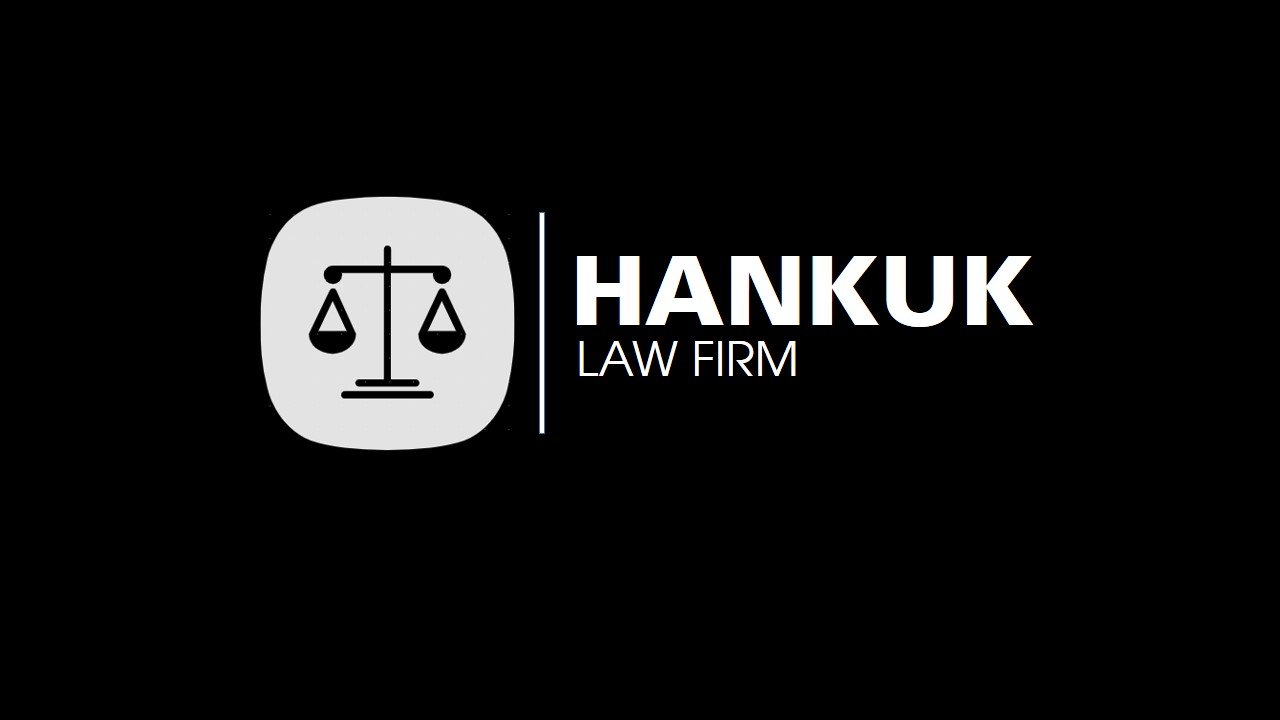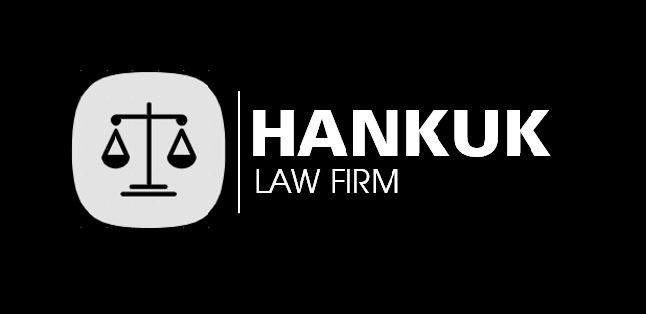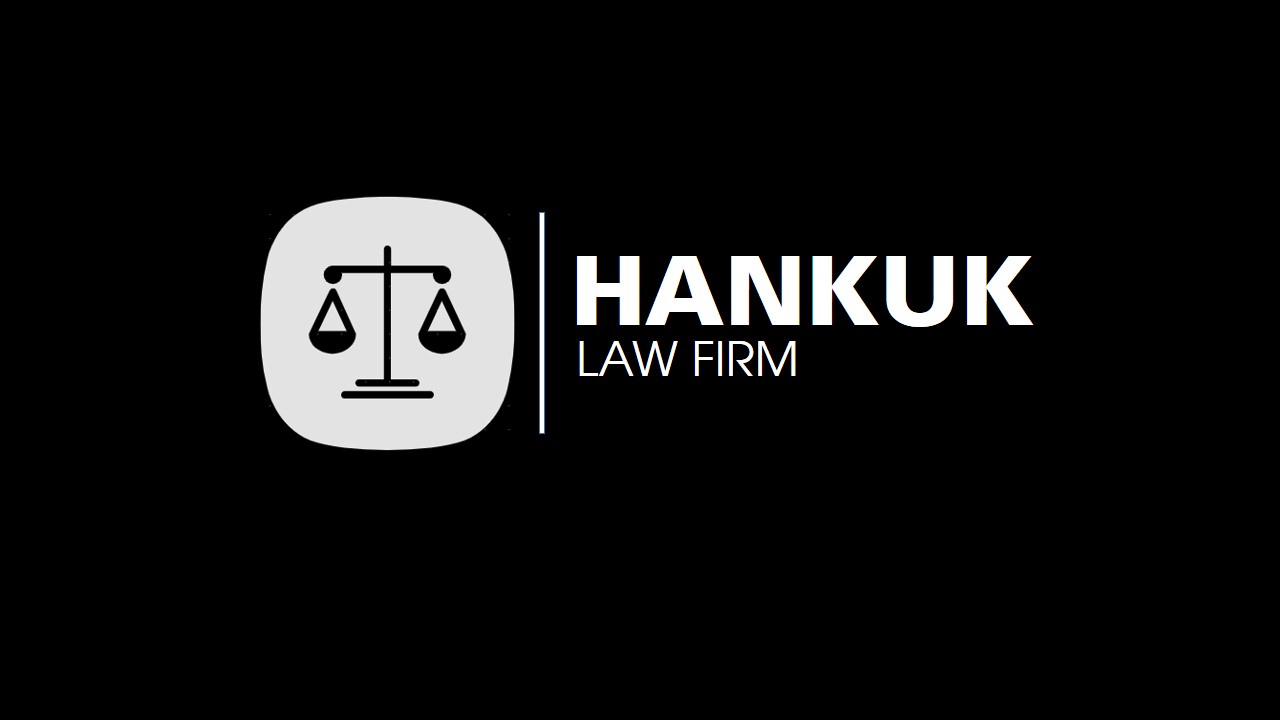E-COMMERCE 2025: MANDATORY REGULATIONS TO KNOW TO MITIGATE LEGAL RISKS CONCERNING TAX AND DATA PROTECTION
Contents
- I. Legal Basis
- II. Context of E-commerce Development in Vietnam
- III. Mandatory Registration for E-commerce Business Entities – A Compulsory Step for Market Transparency
- IV. Management of E-commerce Platforms – Exchanges Are No Longer Mere “Intermediaries”
- V. Collection and Use of User Data – A Stricter Data Protection Mechanism
- VI. Consumer Protection Responsibilities – Prioritizing Customer Rights
- VII. Significance and Practical Impact
- VIII. Conclusion
- IX. About Us, Hankuk Law Firm
I. Legal Basis
The key legal framework governing E-commerce activities and the recent significant amendments includes:
- The Law on Electronic Transactions 2023, effective from July 1, 2024.
- The Law on Consumer Rights Protection 2023, effective from July 1, 2024.
- The Law on Network Information Security 2015 and the Law on Cybersecurity 2018, specifically concerning personal data regulations.
- Decree 52/2013/ND-CP on E-commerce, which has been amended and supplemented by Decree 85/2021/ND-CP and subsequent new decrees issued in 2025.
- Decree 13/2023/ND-CP on the protection of personal data.
- Circulars guiding the Ministry of Industry and Trade in 2025 regarding the registration, management of e-commerce exchanges, and online consumer protection.
II. Context of E-commerce Development in Vietnam
Over the past five years, E-commerce (EC) in Vietnam has experienced outstanding growth. Reports from the Ministry of Industry and Trade indicate that EC revenue has grown by an average of over 20% annually, positioning Vietnam as one of the most dynamic markets in Southeast Asia. Vietnamese citizens are increasingly accustomed to online shopping, non-cash payments, and utilizing digital platforms to access goods and services.
However, this rapid expansion has concurrently led to several complex issues:
- Numerous individuals and organizations conducting business without proper registration, resulting in tax losses.
- Counterfeit goods, fake items, and prohibited products easily infiltrating EC platforms.
- Users’ personal data being illegally collected and utilized.
- Consumers facing difficulties when filing complaints, returning goods, or experiencing online fraud.
In light of these issues, the State, in 2025, issued and amended a series of Laws, Decrees, and guiding Circulars aimed at tightening management while fostering transparent and sustainable E-commerce development.

III. Mandatory Registration for E-commerce Business Entities – A Compulsory Step for Market Transparency
One of the most significant new regulations concerns the registration requirement for EC business entities.
Previously, registration obligations primarily focused on large enterprises or E-commerce exchanges. Many individuals and household businesses selling on social media platforms like Facebook, Zalo, or TikTok Shop operated spontaneously, without tax declaration or supervision. This practice caused state budget losses and created an unfair competitive environment.
Pursuant to the new laws and decrees, key requirements include:
- Enterprises and organizations establishing exchanges, websites, or sales applications must register with the Ministry of Industry and Trade.
- Individuals conducting regular business on social networks must also register for a business code or as an individual business household if their revenue exceeds the stipulated threshold.
- Registration dossiers must clearly provide information on the entity, business sectors, payment methods, and complaint resolution procedures.
This mandatory registration process will enable the State to manage tax revenues and simultaneously enhance consumer protection in case of disputes.
IV. Management of E-commerce Platforms – Exchanges Are No Longer Mere “Intermediaries”
E-commerce exchanges and online platforms (such as Shopee, Lazada, Tiki, and TikTok Shop) are recognized as the “commercial infrastructure” of the digital economy. Alongside this pivotal role, their legal liability has also been significantly increased.
The new regulations mandate that platforms:
- Verify seller information before allowing a storefront to be opened, to prevent fraudulent accounts.
- Moderate products (content review): Platforms are responsible for removing counterfeit goods, intellectual property infringements, and prohibited items.
- Store and provide data: Platforms must retain transaction information and furnish it to competent authorities upon request.
- Report periodically: Platforms must report their business activities and revenue to regulatory agencies.
This amendment shifts EC exchanges from a role of “mere connection” to an entity with joint liability ( liên đới responsibility) if violations occur. This change strongly encourages platforms to invest more heavily in content moderation technology, verification systems, and customer service.
V. Collection and Use of User Data – A Stricter Data Protection Mechanism
In the digital era, personal data is considered a “valuable asset”. Nevertheless, consumer data has been frequently misused, ranging from excessive advertising to the leakage of sensitive information
The new legislation introduces specific regulations:
- EC enterprises are permitted to collect only necessary data and are prohibited from making excessive demands.
- Users must be clearly informed about the type of data collected, the purpose of its use, and the retention period.
- Consumers retain the right to withdraw consent and request data deletion if they no longer wish to use the service.
- Enterprises may not arbitrarily share data with third parties without the user’s explicit consent.
- Violations of these data protection rules may lead to severe administrative penalties, potentially including suspension of operations
This regulation brings Vietnam closer to international standards, particularly the European GDPR model.
VI. Consumer Protection Responsibilities – Prioritizing Customer Rights
Consumers are central to E-commerce. Therefore, the new decree emphasizes seller and platform responsibility for consumer protection:
- Sellers must fully disclose product information, origin, expiration dates, and warranty policies.
- Exchanges must establish easily accessible, fast, and transparent complaint channels.
- Return and refund policies must be clear and must not disadvantage customers.
- Online payments must be secure, with mechanisms to prevent fraud and impersonation.
In the event of a dispute, state agencies have the authority to request data provision and coordinate resolution with the platform, ensuring consumer rights are prioritized.
VII. Significance and Practical Impact
The changes implemented in 2025 not only tighten management but also pave the way for sustainable EC development.
- For Enterprises: They must proactively comply with the law, standardize operating procedures, and invest in security technology and customer service.
- For Consumers: Their rights are more clearly guaranteed, covering everything from information security to the right to complain and return goods.
- For the State: The new framework provides effective tools for tax management, combating commercial fraud, and ensuring digital economic security.
VIII. Conclusion
E-commerce in 2025 is transitioning into a new phase defined by stricter, yet more transparent and professional management. The inclusion of mandatory regulations on business entity registration, platform management, personal data protection, and consumer protection creates a robust legal corridor that will steer EC toward sustainable development.
In the coming period, enterprises must treat legal compliance as a long-term strategy, not only to avoid legal risks concerning tax and data but also to build trust with customers. The new legislation serves as a foundation for Vietnam’s E-commerce to achieve not only rapid growth but also sustainable development in the context of global integration.
IX. About Us, Hankuk Law Firm

■ Hankuk Law Firm – Introduction
The goal of the legal services provided by HANKUK LAW FIRM is to support businesses, investors, and people. Our organization employs skilled Korean lawyers, partners, and professionals to provide legal services to businesses related to corporations and litigation.
To support the startup process, our lawyers and staff provide a wide range of services, including business law consulting, tax and immigration law consulting, real estate services, business consulting, marketing and communications, human resources, product distribution, franchise options, etc. We provide expert advice on every aspect of your business needs.
To protect the legitimate rights and interests of our clients and achieve the best results, we provide legal advice and participate in civil lawsuits related to business, labor, marriage, family, and inheritance.
■ Contact us now

For reliable and effective legal advice, please contact HANKUK LAW FIRM now. We are committed to providing you with the best possible answers and our team of experienced lawyers has extensive knowledge in many legal fields. We are always here to provide the most competent and dedicated support, whether you are dealing with contractual issues, commercial disputes or need guidance on foreign investment. HANKUK LAW FIRM is honored to have assisted hundreds of domestic and international clients in skillfully resolving complex legal issues as their trusted legal partner. Do not let legal issues hinder your success. Let us accompany you towards legal achievement and comfort. For prompt guidance and support to ensure your rights are always maintained at the highest standards, contact HANKUK LAW FIRM now.
■ Contact Hankuk Law Firm:
| Website: http://hankuklawfirm.com/en/
FB: https://www.facebook.com/hankuk.lawfirm Tiktok: https://www.tiktok.com/@hankuklawfirm Youtube: https://www.youtube.com/@hankuklawfirm6375 Email: info@hankuklawfirm.com SĐT: 0942.339.063 |
 |

